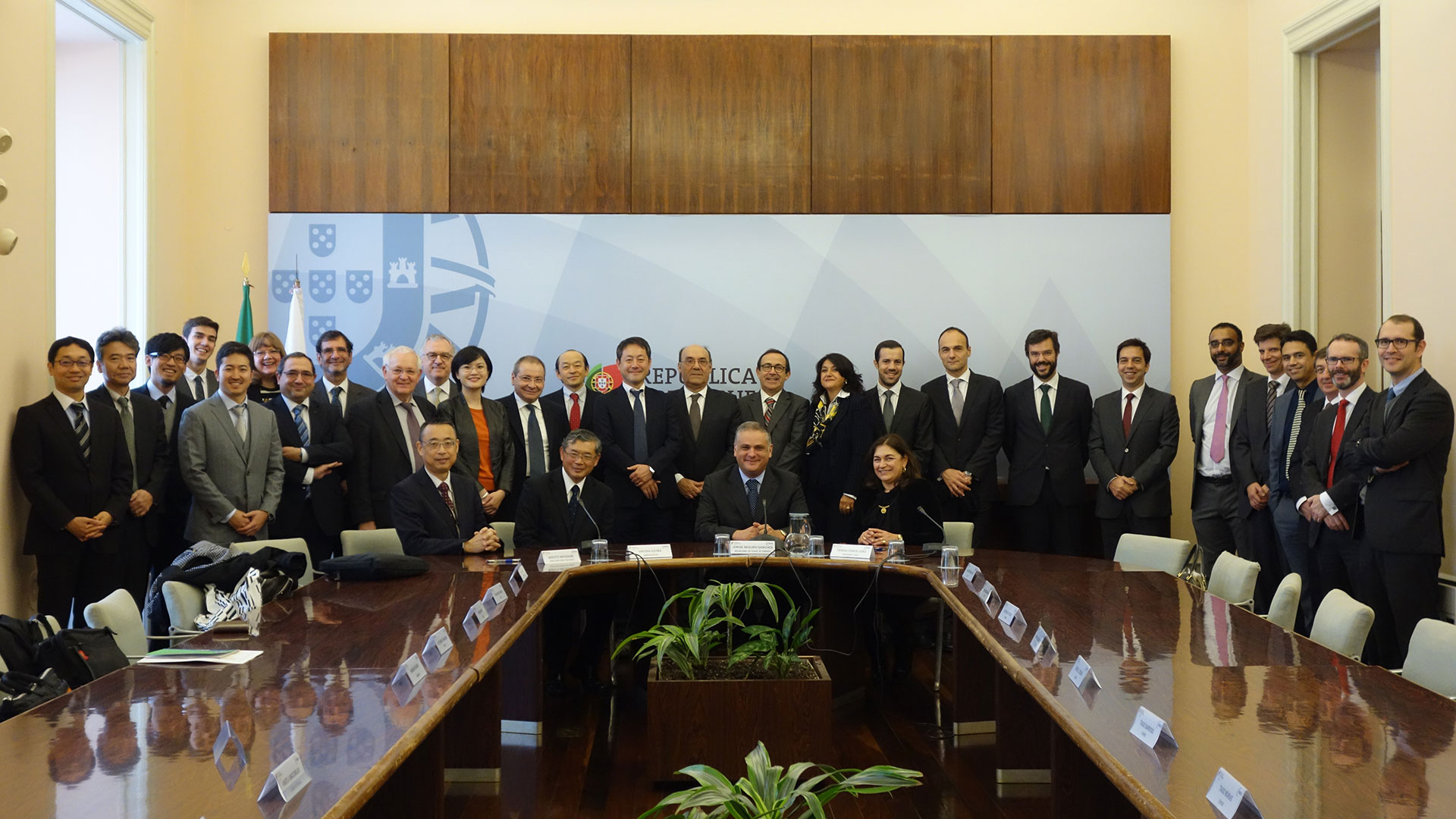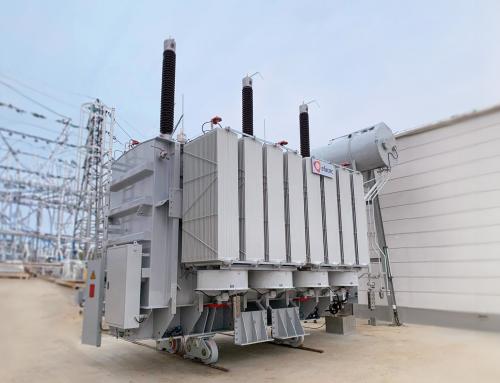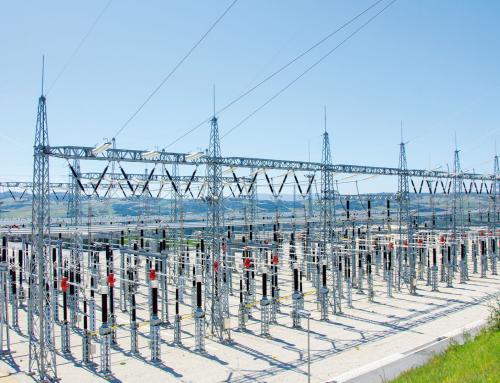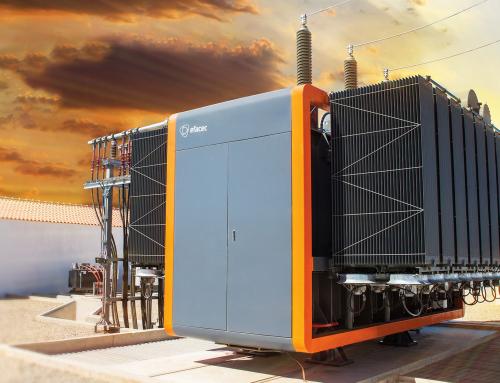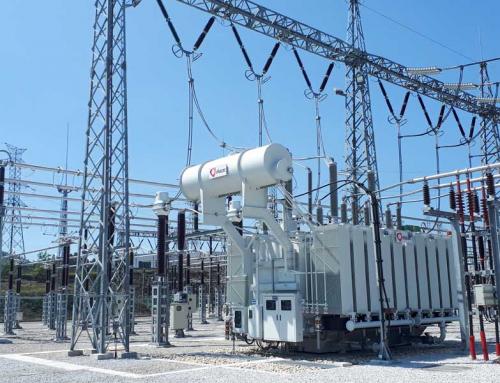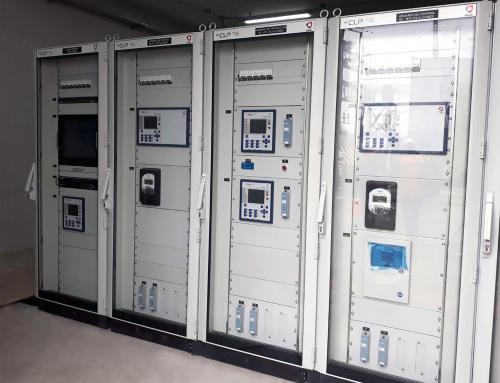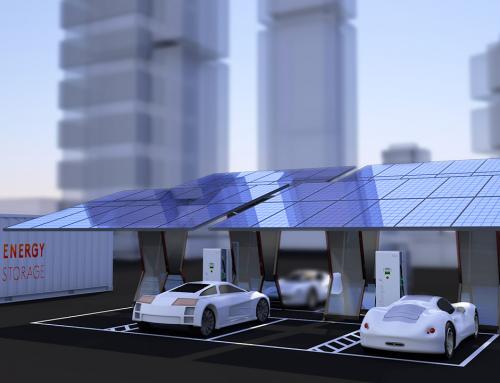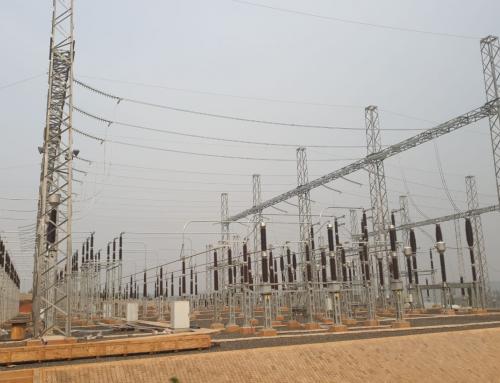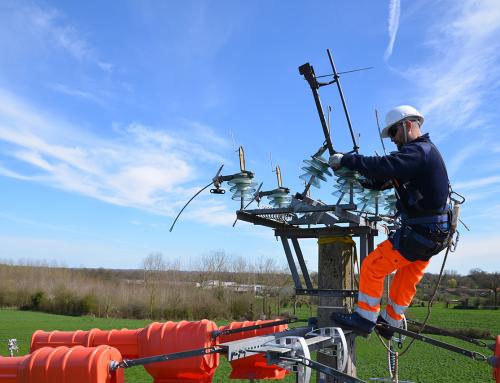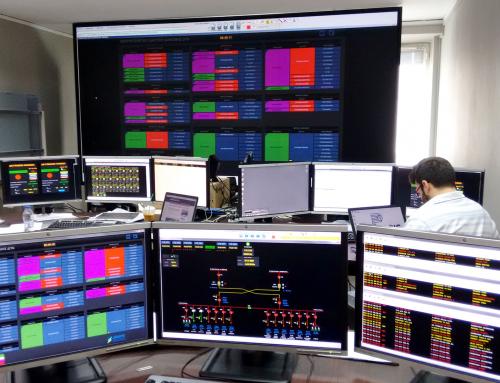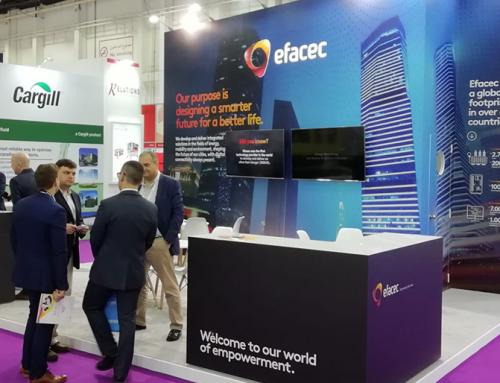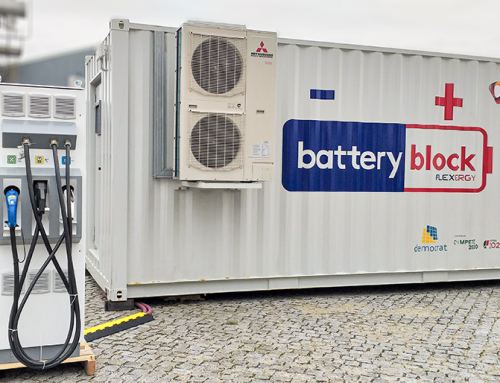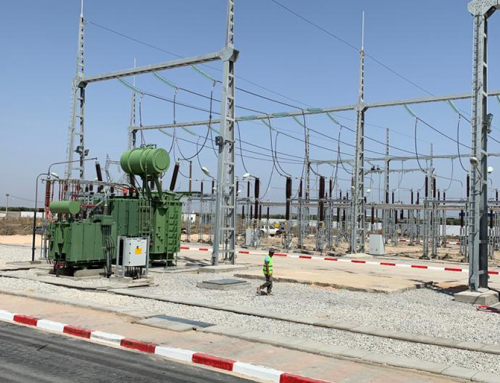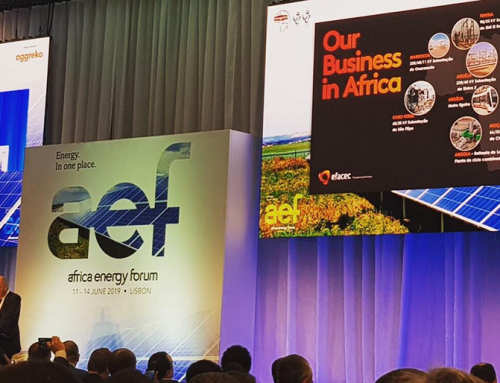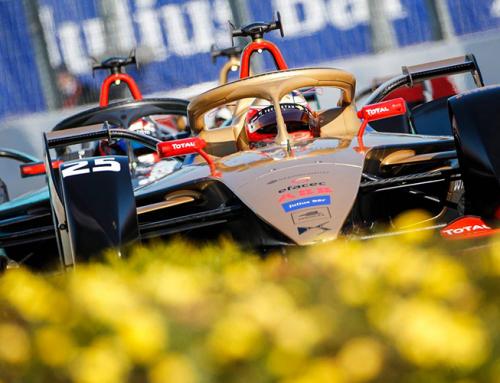Automation business unit from Efacec announces, with a great pleasure, its participation in a new project that involves R&D laboratories, government institutions and industry companies from Japan and Portugal.
This new project aims to develop an automated demand response (ADR) technology that will contribute to stabilizing power supply and demand, which is essential for dealing with the introduction of large amounts of renewable energy (such as photo voltaic) in the electrical system. The project demonstration sites will be implemented at the public buildings of the Lisbon City Hall and other municipal facilities.
This demonstration project is promoted by the Japanese organization NEDO (New Energy and Industrial Technology Development Organization) and the Portuguese National Laboratory for Energy and Geology, and counts with participation of a consortium of four companies from Japan and Portugal. The project start was celebrated in Lisbon at the Ministry of Economy on November 21st, and will be carried out during approximately 3 years, by December 2019.
The consortium involves three Portuguese companies: EDP Inovação – the Portuguese DSO’s innovation department, Everis – provider of IT consulting and outsourcing solutions, and Efacec Energia – provider of engineered solutions for protection, control and management of electric power grids; and a Japanese air-conditioning supplier Daikin Industries.
Efacec will be responsible for the implementation of an automated demand response (ADR) solution, with a fast operation and based on OpenADR standard. Several products and solutions from Efacec will enhance this ADR solution. Efacec platform for the management and monitoring of the smart grid infrastructure (view4grid), three phase smart meters (M Box) and smart controllers (G Smart) will support this ADR system. Our smart controller G Smart will leverage the integration of all equipment in the system; it will collect and forward the data from smart meters, PV panels and other associated equipment. The view4grid software platform will be responsible for the management of the Fast DR program as well as dispatching signals to the field, operational HMI, reports and supervisory verification of DR actions.
Within the project a set of building-scale, multiple air-conditioners will be installed, with a cold air storage function, in public buildings in Lisbon. The goal of the project is to demonstrate an ADR system to control the air-conditioning systems capable of adjusting output based on power supply and demand. The project also intends to evaluate the business model for electric power retailers utilising such systems.

